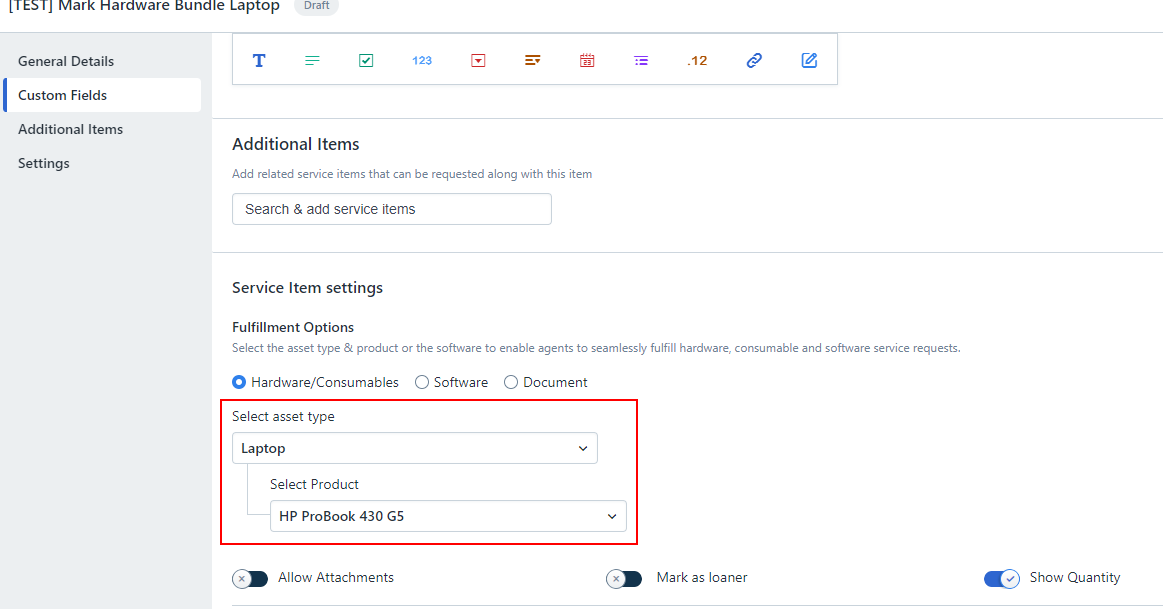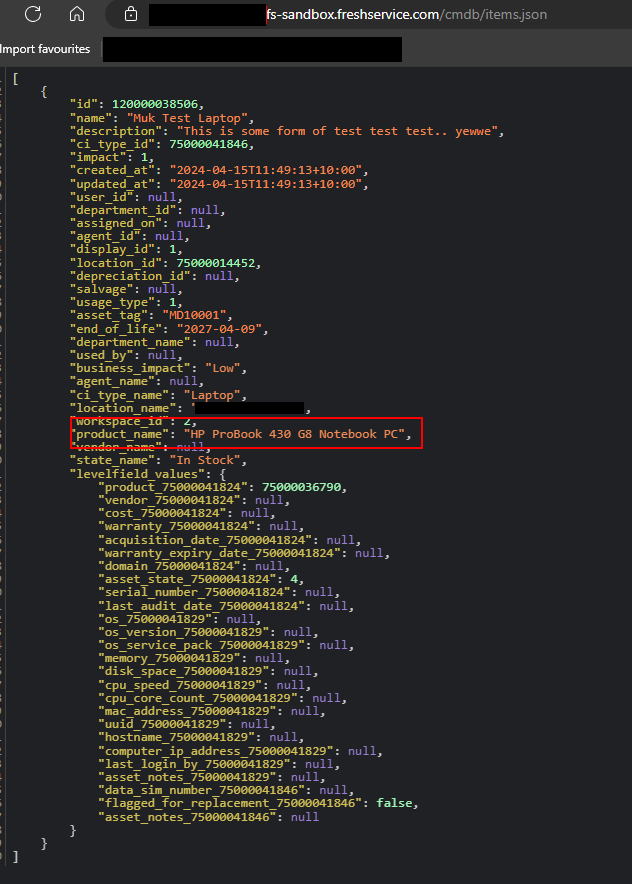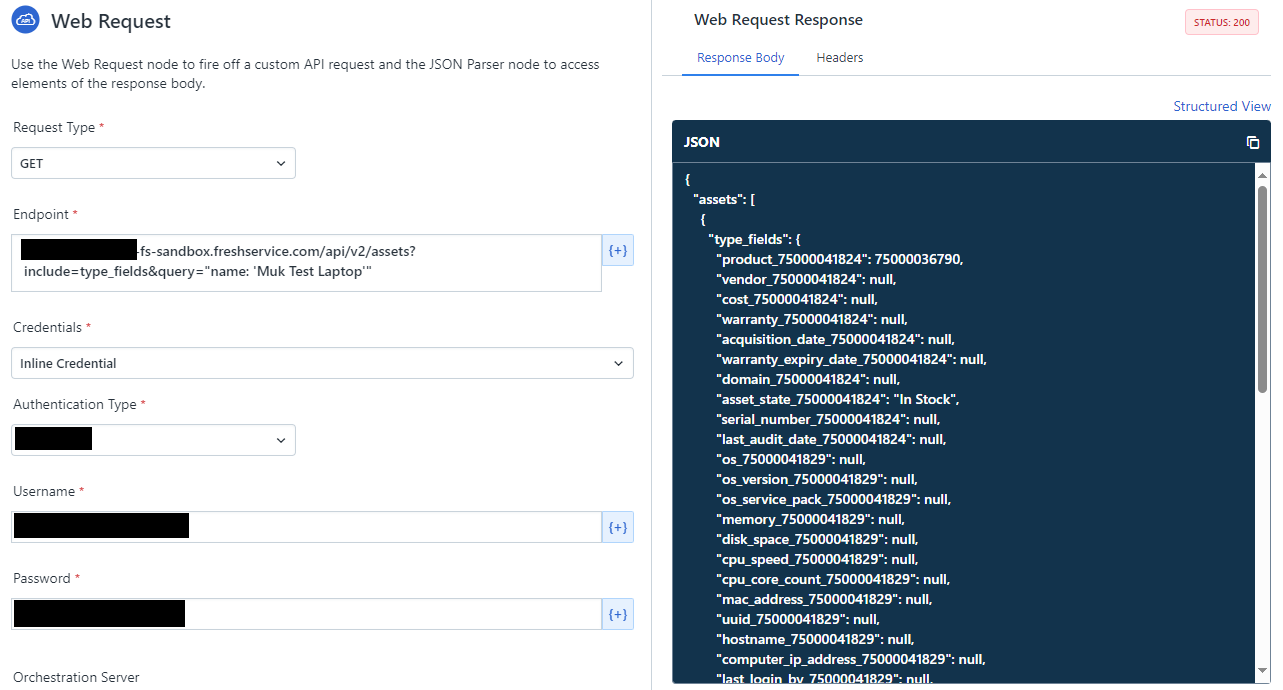Hey All,
I am trying to create an automation workflow that checks if a particular product is in stock, and if it is to then proceed with the ticket. Does anyone know how I can query a service item asset type?
This is the field I am trying to reference and check if the asset_state=in stock.

Here is an example of the workflow:

I’m not sure if this is the best approach or I need to take a different approach. All help would be appreciated.
Regards,
Mark






